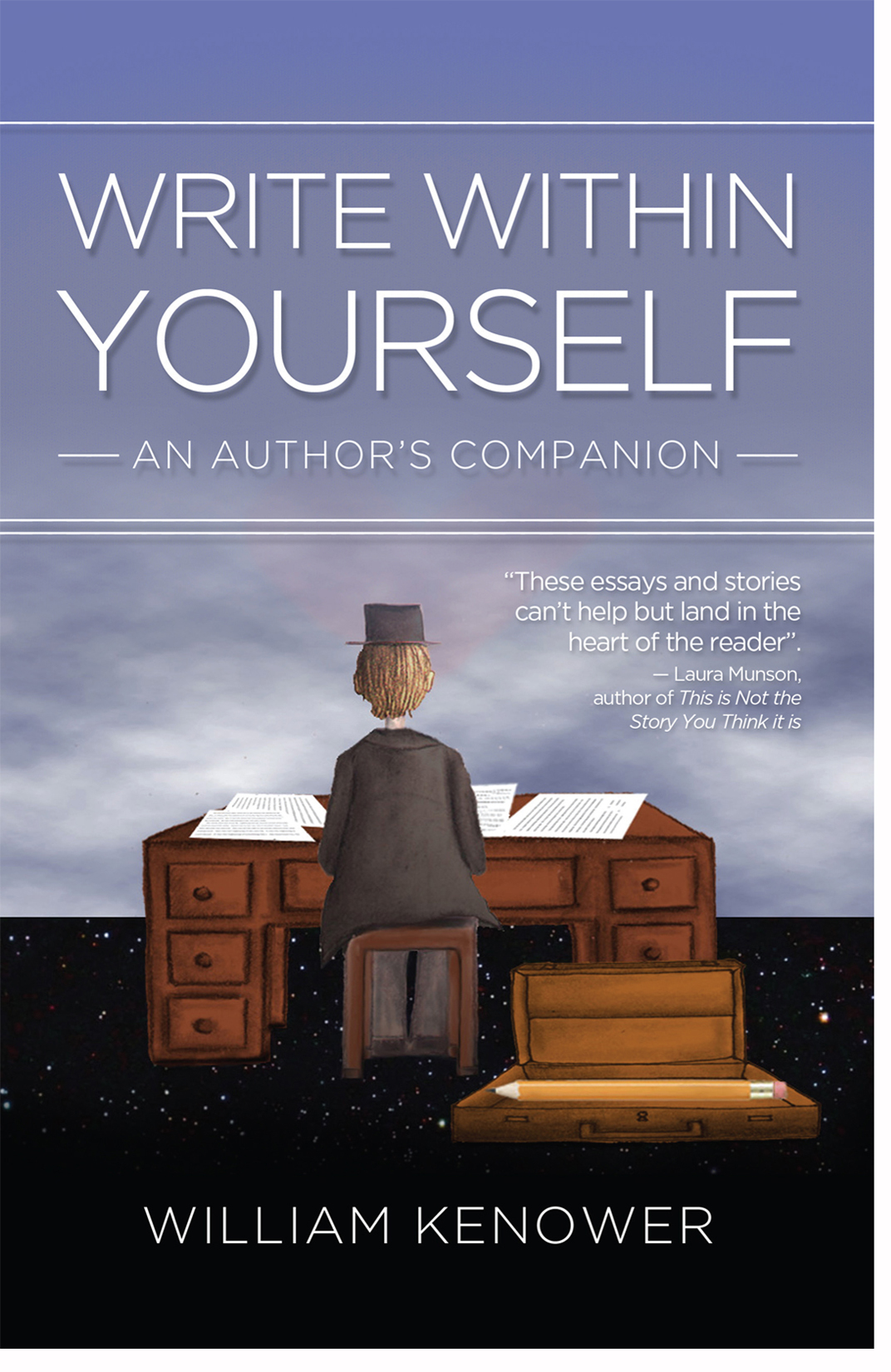Everyone Has What It Takes
Several weeks ago I published an essay in the New York Times about how my son, who’d been diagnosed on the autism spectrum when he was seven, taught me that no one is broken. The premise of the piece was that the only way I could be of any use to my son at all was if I stopped trying to fix him. The only way to stop trying to fix him was if I stopped seeing him as broken. But the only way I could stop seeing him as broken was if I stopped seeing anyone as broken, including me. I recently interviewed the romance writer Sheila Roberts. We were discussing the importance of writers trusting their own curiosity, knowing that their solitary interest in a story idea was enough to warrant turning that idea into a novel to share with the reading world. For Sheila, the inherent value of her curiosity was natural to accept because she believed that “In God’s eyes we’re all important, and everyone has something to say that will help and encourage someone.”
Or, if you’re a secular type: everyone’s talented, everyone’s smart, and everyone has something to say. Much of the suffering I experienced as a young writer grew out of this single thought: Some have what it takes, and some don’t. The evidence that there were writing haves and have-nots seemed overwhelming. There were those books I read that I loved, and those books I read that I couldn’t stand. There were the notoriously depressing rejection rates at magazines and publishing houses. And of course there were those rejection letters I found in the mailbox and the inbox week after week. If everyone in the world was really talented, why this conspicuous division of publishing spoils?
The division of those spoils has nothing to do with talent or intelligence, but is rather a reflection of a person’s willingness to accept that they have always been talented and intelligent. By the time those rejection letters turned into acceptance letters, I began to understand that the only way I could be absolutely certain I had something worth sharing with the world was if everyone had something worth sharing with world. If I believed for a moment that certain people were special and certain people were ordinary, that certain people were talented and certain people were talentless, I ceased to be able to answer the question, “What would I love to share with the world?” Instead, I only became lost in the question, “Am I have or a have-not?”
You will never answer that question to your satisfaction, no matter how many novels you publish, or awards you win. No trophy or publishing contract will confirm once and for all that your voice matters, that your curiosity matters, that you matter. The question that hovered over my son for years was always, “Will he be all right?” The answer, of course, was that he already was all right because everyone was all right, whether they were young or old, sick or thriving, published or unpublished. Our wholeness cannot be perceived in what we’ve done or said or accomplished. It is the light beneath the veil of behavior and circumstance.
So too with my writing. Like most artists I know, I have dreamed of recognition, to be singled out as unique among the many. When that finally happened, I understood that the many who were singling me out were merely recognizing in me what they were resisting in themselves, just as I had done with all those artists I had grown up admiring. My writer’s brittle ego was a tad disappointed, but the rest of me was greatly relieved. I no longer had to answer the unanswerable. Instead, I could return to my curiosity, which is all my creative self has ever had or needed.
Write Within Yourself: An Author's Companion.
"A book to keep nearby whenever your writer's spirit needs feeding." Deb Caletti.
You can find William at: williamkenower.com


